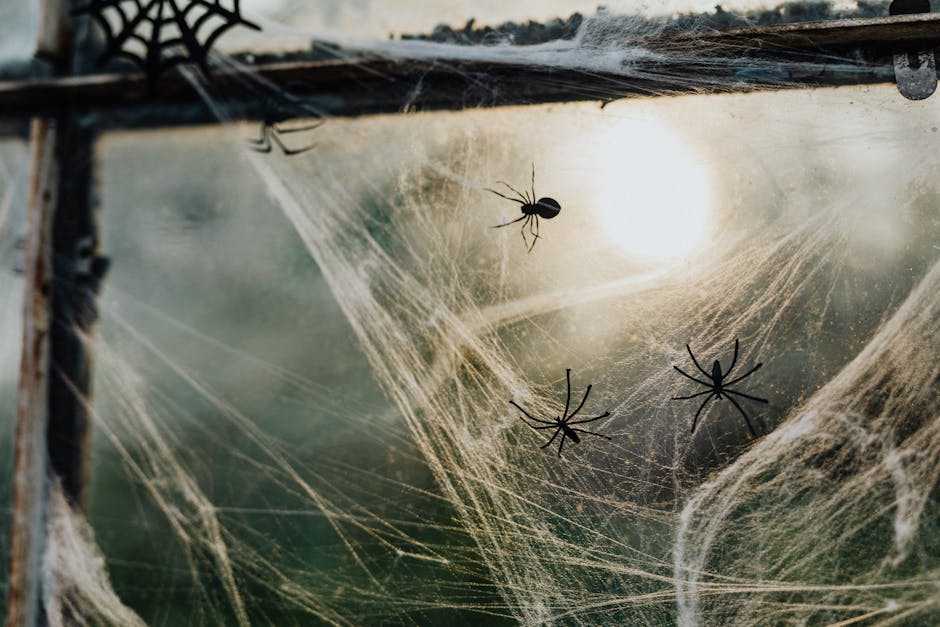Encountering a large spider in your room can be a highly unsettling experience. This article delves into a particular situation where the author faced off against a spider using Lysol spray.
The author shared a vivid account of attempting to kill a large spider with Lysol spray. Despite their strenuous efforts, the spider managed to escape and hide under the dresser. This left the author wrestling with the question of whether the chemicals in the Lysol would eventually kill the spider and if they would find it later when moving the dresser.

Beyond the immediate challenge, the situation highlighted the fear and discomfort many feel when encountering spiders, especially when they're not easily dealt with or removed. Using Lysol, a common household disinfectant, brought mixed results and an additional layer of questions.
Lysol, containing 2-phenylphenol and ethyl alcohol, has disinfecting properties, but its efficacy as an insecticide is debatable. While it can kill spiders by blocking their spiracles and preventing them from breathing, spraying a hefty amount directly onto the spider is required. This method, taking between 2 to 8 hours for full effectiveness, is not the most efficient for severe infestations.
Using Lysol excessively in small areas can lead to feeling lightheaded or high, and its lingering scent might be unpleasant. More importantly, the article raises concerns about harmful chemicals in store-bought disinfectants and insecticides, emphasizing the importance of proper handling and disposal to ensure the safety of humans and pets.
For those looking for more effective methods, traditional spider control treatments rely on insecticides that kill spiders instantly and have lasting power. Products like Miss Muffet’s Spider Revenge kill on contact within minutes and offer protection for up to 12 months. Moreover, spider bug bombs can be effective for severe infestations.
The author suggests considering homemade alternatives that are safer and more economical. A mixture that serves as a disinfectant, air freshener, and spider repellent can be created, ensuring a reduced environmental footprint and fewer health risks.
Preventive measures, such as using traps or seeking professional pest control services, can also be effective. Ensuring an environment free from harmful chemicals is crucial, especially for those with pets or concerns about indoor air quality. Thoroughly researching and implementing safe pest control practices can provide peace of mind and a spider-free home.

Immerse yourself in architecture’s most boundary-pushing ideas—where innovative home improvements meet visionary urban developments. Discover new building techniques, materials, and creative concepts that are redefining how we shape our spaces on a global scale.